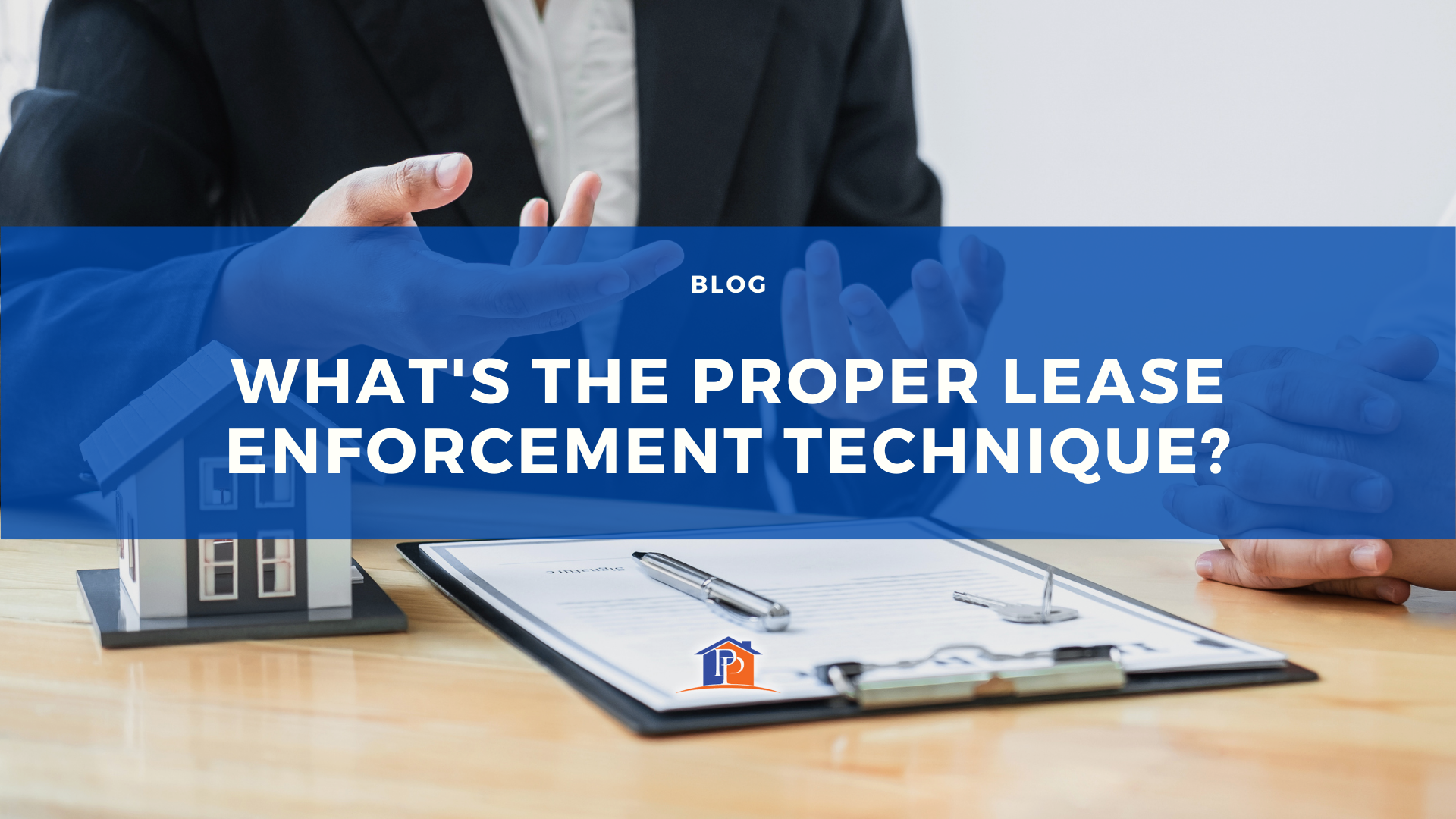While most tenants will cause no trouble, there are inevitable problems with renters who violate the terms of the lease. Learning to deal with these lease violations properly is a key part of a landlord’s job.
Good lease enforcement decreases your financial losses, protects your asset, and ensures all tenants are treated equally. Without it, it’s difficult to remove problem tenants in Florida, and you increase your risk of lawsuits and fines.
While a well-drafted letter might resolve an issue quickly, enforcing your lease can involve taking legal action to protect your property and rights. It all starts with what’s in your lease, so let’s take a look at the things you need to know to properly enforce the lease terms.
Well-Written Lease
You can’t enforce anything that isn’t in the lease, so you need to start by having a solid lease that covers common situations. Your lease agreement lays out the obligations and expectations for you and your tenants. It should be clear and detail the requirements and consequences of certain actions.
The most common lease violations involve late rent, property damage, unauthorized pets or occupants, and noise complaints. Your lease should cover these with policies for rent collection, inspections, and neighbor complaints, at a minimum. Each part of the lease should establish expectations and explain what happens when those expectations are not met.
Know the Law
It’s important to know and understand the law and what it says about what you can include in your lease. For example, the Fair Housing Act prohibits discrimination on a variety of factors, while state and local laws establish other rules for landlords.
If you have a problem tenant, you don’t have to wait for lease renewals to get rid of them. Your lease should cover what actions will result in lease termination, but it shouldn’t contradict what Florida Landlord-Tenant laws spell out. For example, a landlord can evict for not paying rent, but you have to get a court order as a first step.
Enforcement Strategies
When you’re forced to enforce parts of your lease agreement, your key strategy is to document everything and follow through on what is laid out in the lease.
Most of the time, a verbal warning is all that’s needed to correct a problem, but ensure you document in your files that the violation happened and you had the conversation. Gather any evidence of the issue to also include in the file. This could be pictures, statements from neighbors, or police reports.
A written warning should be your next step if the situation doesn’t resolve. Be calm and professional, stating the terms that have been violated and the consequences. Reference warnings are already given and include all documents and a record of conversations in their file.
Need Help With Lease Enforcement?
Your lease backs you up when you run into issues with your tenants. To that end, it needs to be clear and legally enforceable, and you need to follow what’s written in there to the letter. A solid lease makes everything from security deposits to evictions easier to manage because expectations are set right from the beginning.
Finding lease enforcement uncomfortable? Contact us to talk about how we can help you manage your rental properties and take care of tenant challenges for you. We provide complete owner statements and reporting and manage all the details.

 Login
Login

